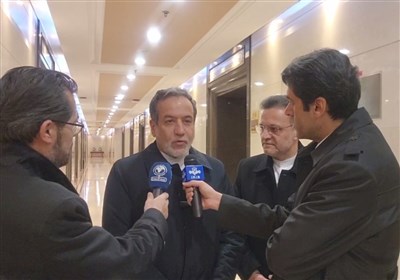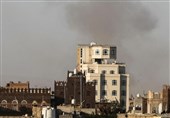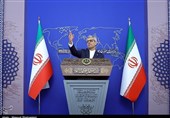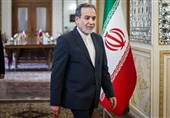OPEC to Meet Friday to Decide Output Policy
TEHRAN (Tasnim) – OPEC scrambled on Thursday to agree on raising oil output, with Saudi Arabia warning of shortages but Iran holding out against a deal.
The Saudi and Russian energy ministers said a production increase of about 1 million barrels per day (bpd) or around 1 percent of global supply had become a near-consensus proposal for the group and its allies, but Iran’s assent was vital, Reuters reported.
The Organization of the Petroleum Exporting Countries meets on Friday to decide output policy amid calls from top consumers such as the United States, China and India to cool down oil prices and support the world economy by producing more crude.
Iran, OPEC’s third-largest producer, has so far been the main barrier to a new deal as it said on Tuesday OPEC was unlikely to reach an agreement and should reject pressure from US President Donald Trump to pump more oil.
Trump imposed fresh sanctions on Tehran in May and market watchers expect Iran’s output to drop by a third by the end of 2018. That means the country has little to gain from a deal to raise OPEC output, unlike Saudi Arabia.
“I don’t think we can reach agreement," Iranian Oil Minister Bijan Zangeneh told reporters after leaving a joint OPEC and non-OPEC ministerial committee in Vienna while other ministers continued talks.
Iran is usually not part of the committee, which groups Russia, Saudi Arabia, the United Arab Emirates, Oman, Kuwait, Algeria and Venezuela. The committee meeting was the last consultation before the OPEC gathering on Friday.
The meeting continued for around two hours after Zangeneh left. Saudi Energy Minister Khalid al-Falih said the overwhelming majority recommended raising output by 1 million bpd, gradually and on a pro-rata basis among participants.
On Wednesday Zangeneh had left the door open for a deal, saying OPEC members that had overdelivered on cuts in recent months should comply with agreed quotas. That would effectively mean a modest boost from producers such as Saudi Arabia that have voluntarily cut more deeply than planned.
Falih said the exact mechanics of any increase would be decided among all OPEC members on Friday. OPEC sources have said that if a 1 million bpd output hike were approved, Saudi Arabia would add about 0.25-0.3 million bpd to supply.
Zangeneh told CNN on Wednesday that if OPEC returned to regular compliance, the real supply increase from the group would constitute only around 460,000 bpd.
Falih also said the real increase would be smaller than the nominal gain of 1 million bpd, meaning there was still the possibility for compromise with Iran.
OPEC sources also said Iran had demanded that US sanctions be mentioned in the group’s post-meeting communique, as the recent rise in oil prices is a direct result of US measures.
The United States, which rivals Russia and Saudi Arabia for the position of world No.1 oil producer, is not participating in the current supply pact.






